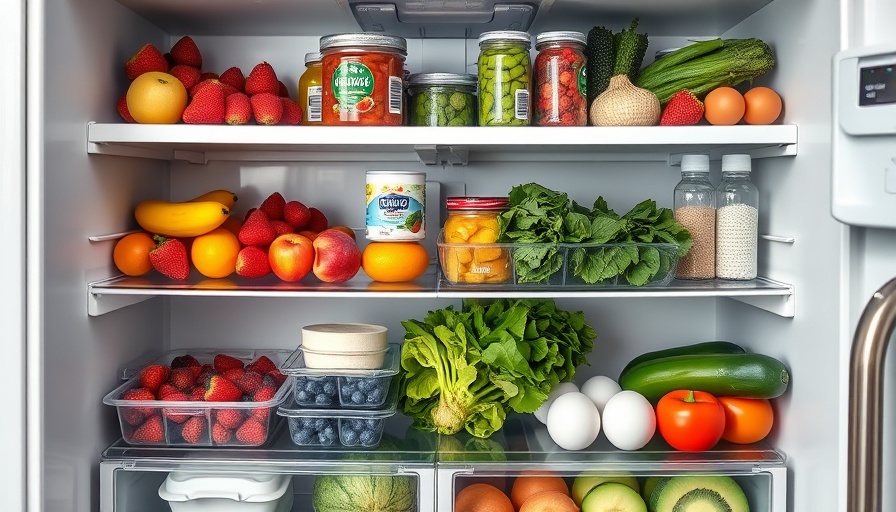
Exploring Healthy Eating Habits for Seniors
As we age, maintaining a balanced diet is crucial for promoting overall health and well-being. The importance of incorporating healthy snacks and wholesome meals into our daily routine cannot be overstated, especially for individuals aged 35 to 89, who make up a significant portion of the population concerned about their health. This demographic, consisting of approximately 70% women and 30% men, embodies a wealth of experience and knowledge but also faces unique health challenges that can be mitigated through proper nutrition.
In 'Snack', we delve into the world of healthy eating, highlighting key insights that led us to explore the role of nutritious snacks for aging adults.
Why Nutrition Matters for Aging Adults
Adequate nutrition plays a vital role in preventing chronic diseases, managing weight, and enhancing cognitive function as we age. A study from the National Institutes of Health reveals that older adults who adhere to a balanced diet rich in fruits, vegetables, whole grains, and healthy fats can significantly lower their risk of heart disease, diabetes, and weight-related issues. Understanding what constitutes a healthy diet can empower individuals to make informed choices about their food.
The Role of Healthy Snacks in Your Diet
Incorporating healthy snacks into daily eating habits is an effective way to ensure proper nutrient intake while managing blood sugar levels. Healthy snacks, such as roasted chickpeas, apple chips, or even homemade energy bars, can offer the perfect balance of proteins, healthy carbs, and healthy fats without the added sugars and unhealthy fats found in processed options. These snacks not only provide essential nutrients but also help curb hunger between meals, preventing overeating.
Meal Prep: A Key to Balanced Diets
For those looking to simplify their eating habits, meal prep can be a game-changer. Allocating time each week to prepare healthy meals ensures that you have nutritious options ready when hunger strikes. Focusing on a variety of meals, including healthy breakfasts like smoothies or oatmeal and wholesome dinners packed with lean proteins and seasonal vegetables, keeps your diet diverse. Engaging in meal prep makes it easier to maintain a clean eating pattern and encourages the habit of mindful eating.
Staying Informed About Heart-Healthy Choices
As awareness increases about heart health, more seniors are opting to include heart-healthy foods in their meals. Foods rich in monounsaturated and polyunsaturated fats, like avocados, nuts, and fatty fish, play an important role in improving cholesterol levels and reducing cardiovascular risks. Understanding how to make healthy food swaps in cooking and snacking can greatly contribute to long-term heart health. For instance, substituting regular potato chips with air-fried kale chips can satisfy your cravings while providing essential nutrients.
Actionable Steps for a Healthier Lifestyle
To embrace a healthier lifestyle as you age, consider these actionable insights:
- Incorporate a variety of fruits and vegetables into every meal.
- Explore new healthy recipes and cooking methods to broaden your culinary skills.
- Choose snacks wisely, focusing on whole foods that are minimally processed.
- Stay hydrated with healthy drinks, such as herbal teas and infusions.
- Engage in regular physical activity to complement your healthy eating habits.
By choosing nutritious foods and being proactive about meal planning, individuals can significantly impact their health and quality of life in their later years.
If you're interested in further support or resources on healthy eating, call us at 984-238-6164 or email us at Tom@mywellnesstrain.com. We're here to help you achieve your health goals!
 Add Row
Add Row  Add
Add 




Write A Comment